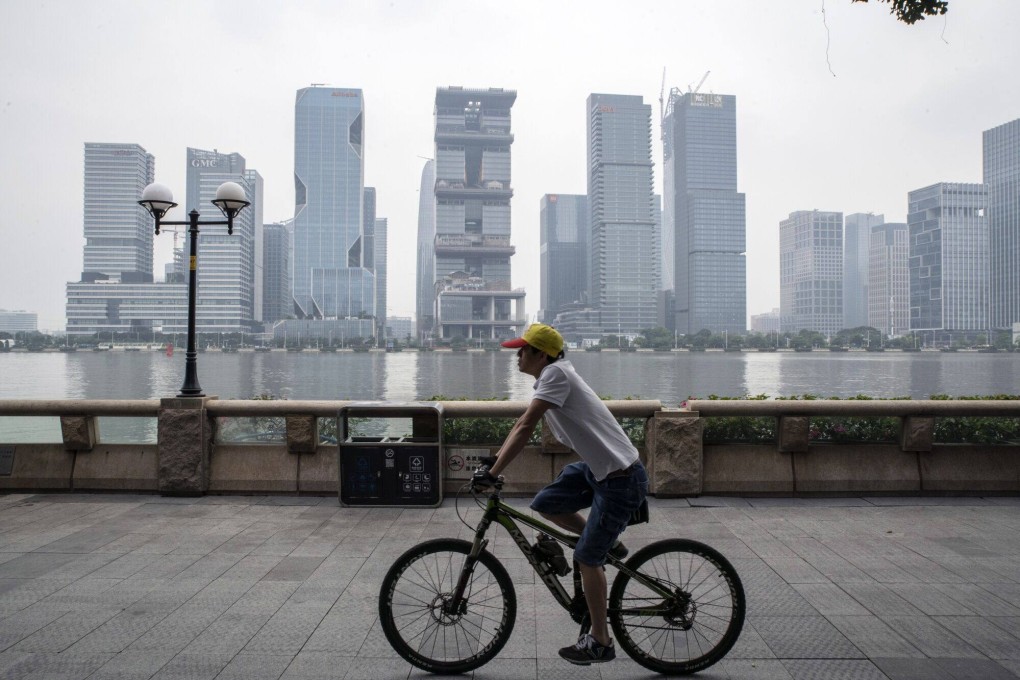Advertisement
Letters | China’s rescue of its property market must not seed the next crash
- Readers discuss the need for reform to moderate the cycle of boom and bust, the advantages of the financial hubs of Singapore and Hong Kong, and the role of language teachers in an age of AI
Reading Time:3 minutes
Why you can trust SCMP
0

Feel strongly about these letters, or any other aspects of the news? Share your views by emailing us your Letter to the Editor at letters@scmp.com or filling in this Google form. Submissions should not exceed 400 words, and must include your full name and address, plus a phone number for verification.
Is China’s property market destined for a perpetual cycle of boom and bust? As the Chinese government races to rescue its real estate market, it’s essential to consider the long-term consequences of these actions.
The property market faced severe downturns in 2022, with sales by floor area plunging more dramatically than ever before. This was largely due to the government’s crackdown on debt-financed property, a policy that aimed to break China’s addiction to debt. However, the combination of this crackdown and the zero-Covid policy negatively affected the economy, causing gross domestic product last year to grow by a mere 3 per cent.
With the end of the zero-Covid policy, policymakers scrambled to revive the property market. Borrowing limits for developers have been suspended, banks have been ordered to rescue unfinished projects, and local authorities are providing guarantees for developers to raise more debt.
These measures have breathed new life into the market. In February, new home sales among major Chinese developers increased by 14.9 per cent to 461.6 billion yuan (US$66.5 billion) from a year ago.
However, while these efforts may help China’s economy bounce back in the short term, there’s a danger of going too far. Technocrats often respond to crises with liquidity, which can lead to unsustainable debt and overbuilding in the property market. Local governments, driven by the need for revenue from land auctions, also have incentives to maintain high sales volumes.
Advertisement